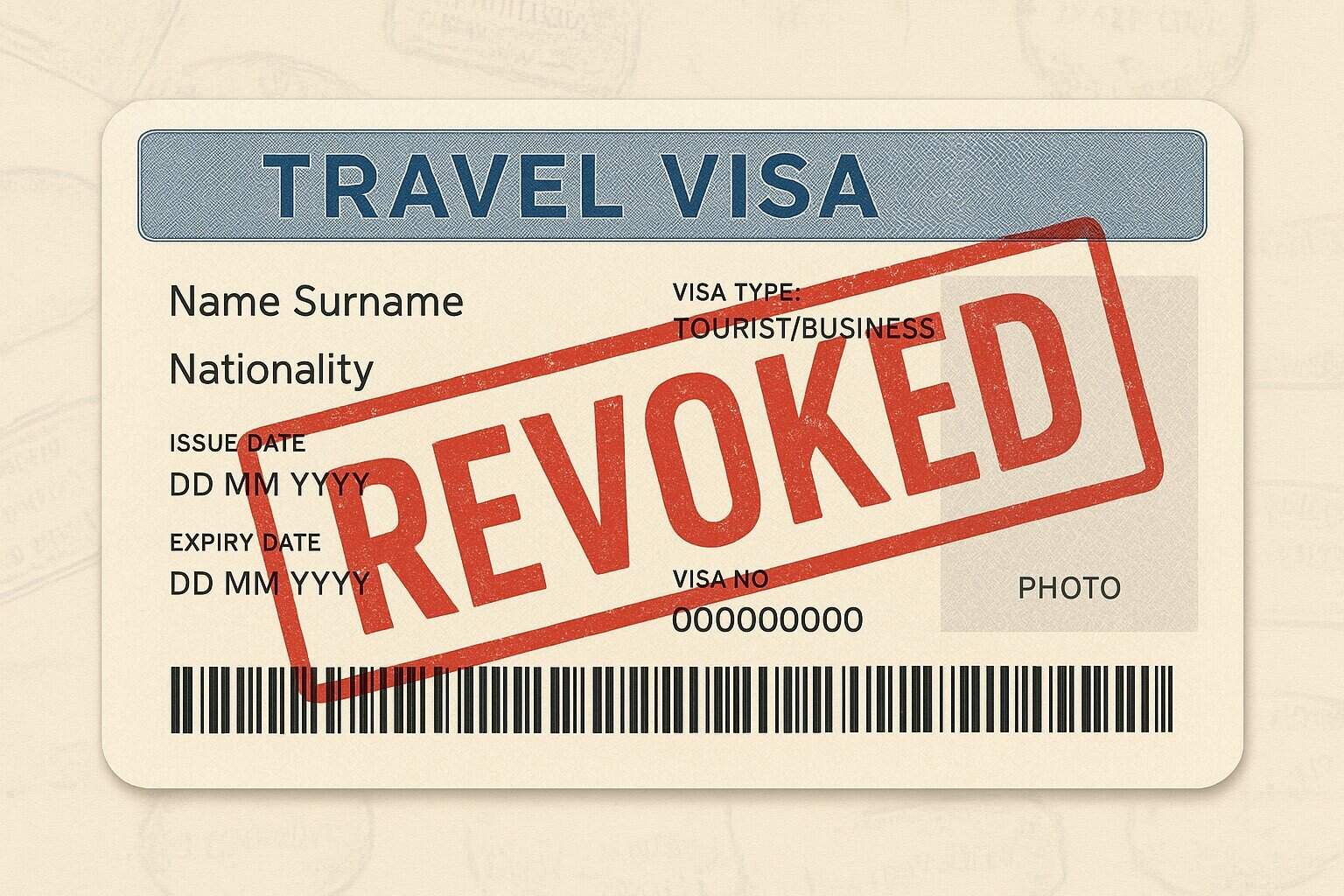The US government revoked the tourist and business visa of Leonel Baruch, the businessman behind Costa Rican news site CRHoy. Reports connect the move to active investigations into money laundering and tax evasion against him.
Baruch confirmed the revocation in a statement. He received an email from the US Embassy’s Consular Section stating the decision came from “information that has appeared that could indicate that I am not eligible to maintain that visa.” The email noted he could apply for a new one, and Baruch said he would.
He recognized the US holds the right to choose who enters its land. “What corresponds to me as a foreigner is to respect their decision,” Baruch said.
Other local outlets broke the news first and they linked it to probes that started with claims of financial misconduct. Baruch, who once served as finance minister, has dealt with questions about his dealings for months.
The main issue traces to a money laundering probe in Panama. Baruch claims President Rodrigo Chaves pushed for that investigation to go after him. He called both the money laundering and tax evasion claims groundless, saying they “lack any foundation and are setups mounted by the lying President Rodrigo Chaves, a coward who is not willing to face justice for his corrupt acts, hiding under the skirts of immunity.”
Baruch pointed to how the case began. He cited testimony from Finance Minister Nogui Acosta, who said under oath in the Legislative Assembly that the case “originates from a TikTok that was circulating around.”
One central accusation involves a supposed fraud of 11 billion colones. Baruch rejected the amount as made up for “drama and media circus.” He added, “There is no report that determines this, demonstrating that the complaint and its amount had the sole purpose of creating a negative reaction from the population against me and the companies in which I have participation, supported by government trolls on social networks, who began their disinformation activity at the same time the press conference was held.”
The matter has gone to court. The Constitutional Chamber ordered Acosta to provide documents, but Baruch says the minister refused repeatedly. Now Acosta faces a criminal case for ignoring the order.
In Panama, Baruch says he has cooperated. “To date, I have diligently provided all the information that has been required of me by the competent authorities both in Costa Rica and Panama and I will continue to do so with all competent authorities that require it so that this malicious attack on my image and reputation is definitively clarified,” he said.
This adds to Baruch’s past issues. His position at CRHoy often sets him against the government. Some see the visa revocation as a signal of global worry over the claims, while others call it political revenge.
The US Embassy stayed silent on the case, following rules on private visa issues. These choices often stem from shared intel or legal info from allies. For Baruch, losing the visa affects his travel for work and family. He rose through banking and investments before media.
The situation shows strains between officials and free press. Chaves has sparred with sites like CRHoy on his actions. Baruch’s words charged the president with direct lies to drive the probes.
Experts here say US visa pulls can point to serious problems, mainly in finance crimes. Panama’s role brings in cross-border elements, as such cases often catch US eyes. Baruch stands firm, promising to prove his side. He repeated he never took part in tax evasion or money laundering, and that will show in every step.
The government has not replied to Baruch’s charges. Chaves, who speaks straight, might comment soon. Baruch ends his note pledging openness: he will keep aiding any probe to end the matter. This hits as financial openness stays a big topic in Costa Rica. Cases like this check if the system treats big names fairly.
Costa Rican officials keep reviewing, with possible effects on ties abroad. The US step reminds how world links shape local fights.






